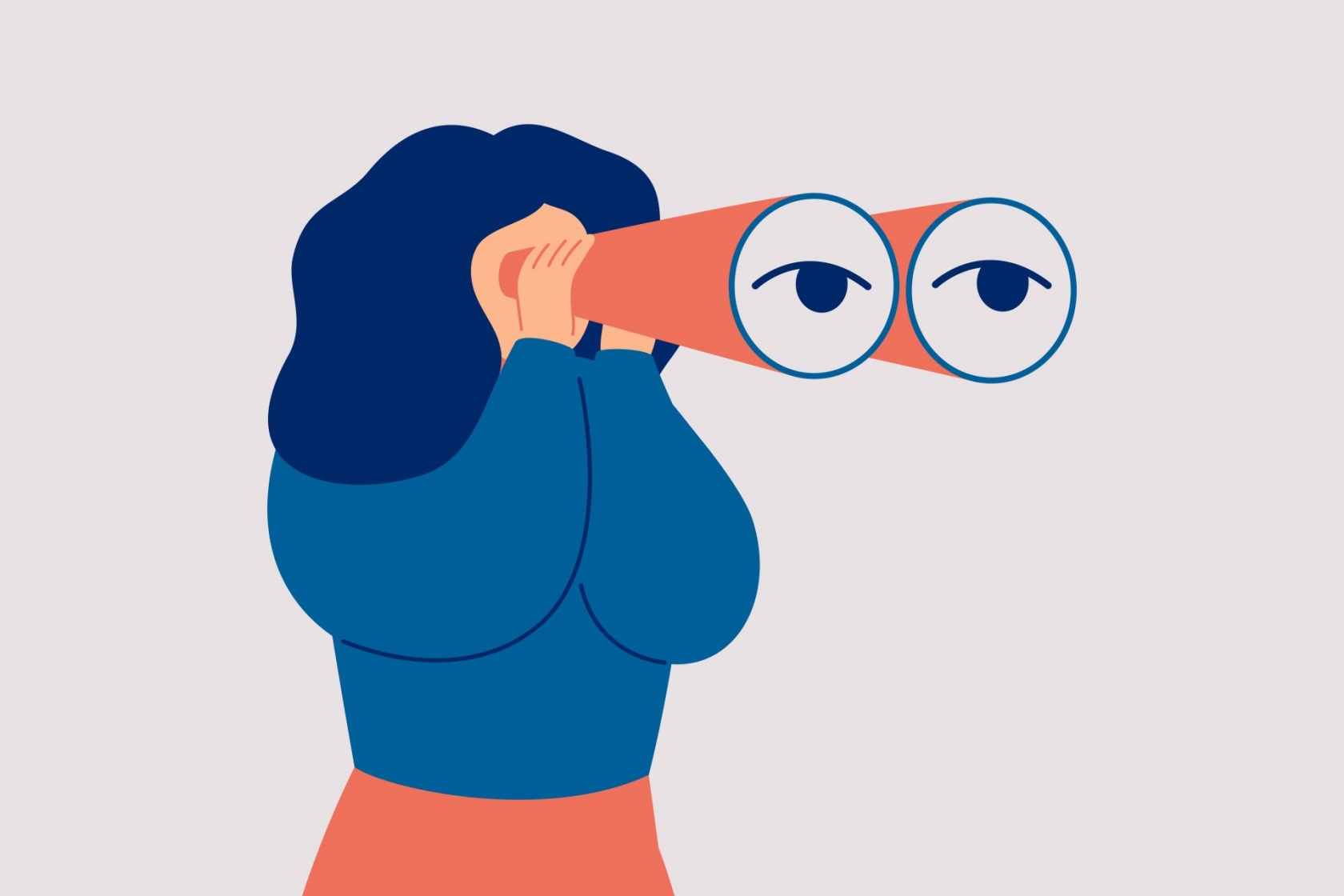The coronavirus pandemic has left many of us dreaming about the past – but is this the best way to cope with the uncertainty of the current crisis? A new study suggests not.
In forcing us to reimagine the way we live, work and socialise, the coronavirus pandemic has given us a lot of time to reflect on the past.
Whether you’ve looked back with fondness on the process of picking up your morning coffee and chatting to colleagues in the office or reminisced about the times when you could go shopping without worrying about whether you had a mask in your bag, we’ve all had those moments where we’ve found ourselves looking back at the “normal” we used to have.
In fact, for some people, the process of looking back has become a sort of coping mechanism they rely on when the uncertainty of new restrictions and rising case numbers become overwhelming. But according to a new study, this tendency to look back on what was may be doing us more harm than good.
The research, which was conducted by psychologists at the University of Surrey, found that although looking back on the past and indulging in nostalgia may help in certain situations, it can also trigger a sense of loss because we tend to compare that past to the uncertainty of the present.
Instead, the research suggests looking to the future – or practising gratitude for the things we have in the present – could be more beneficial for our wellbeing.
To conduct the study, which took place during the UK’s first lockdown back in March, the psychologists turned to three different positive psychology approaches said to improve wellbeing – nostalgia, gratitude and the concept of your “best possible self”, which requires you to imagine a positive future version of yourself.

The researchers then asked the 261 women involved in the study to complete one of the above interventions for a one-off two-minute session, after which they were asked to rate their positive and negative feelings, social connection to others, self-esteem and meaning in life.
What they found was fascinating – the participants who were asked to focus on the future reported both an increase in positive feelings and social connection, compared to those who focused on the past. Those who practised gratitude also reported a greater sense of social connection.
With this in mind, it’s clear that even when the future is looking increasingly uncertain, taking the time to imagine a positive version of ourselves and our place in that future can help us to cope better than reflecting on the past and the things we no longer have.
We may not have all the answers about what’s coming next, but by imagining ourselves in the future – even if we don’t have a clear idea of the world that version of ourselves exists in – we can induce a sense of optimism which has the power help us feel more prepared to take on the world that exists now.
Images: Getty
Source: Read Full Article
